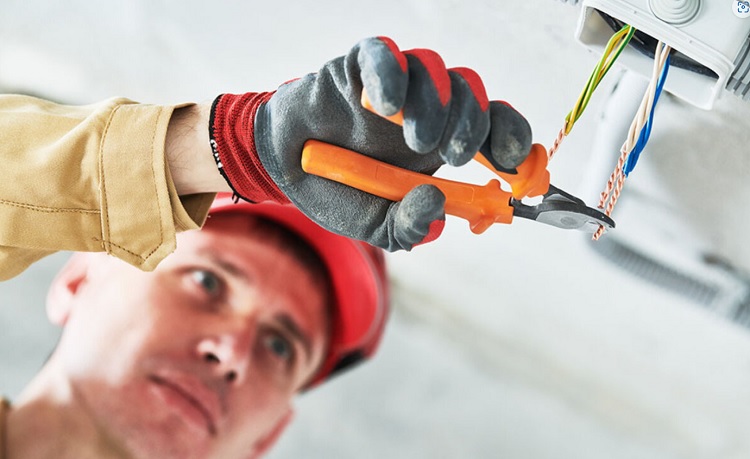Regular electrical inspections are crucial for maintaining the safety and efficiency of your home’s electrical system. Whether you’re buying a new house, renovating your current one, or just looking to ensure everything is up to code, understanding the importance of electrical inspections can save you time, money, and potential hazards. This article will explore the benefits of electrical inspections, what they entail, and when you should schedule one.
Why Are Electrical Inspections Important?
- Ensuring Safety
- The primary purpose of an electrical inspection is to identify potential hazards that could lead to electrical fires or electrocution. Faulty wiring, outdated systems, and improperly installed outlets can pose serious risks to your home and family.
- Compliance with Electrical Codes
- Building codes and electrical regulations vary by location and change over time. An inspection ensures that your electrical system complies with current standards, protecting you from legal liabilities and fines.
- Identifying Energy Inefficiencies
- During an inspection, professionals can identify areas where your electrical system may be inefficient, such as outdated lighting or appliances. Upgrading these can lead to significant energy savings and reduced utility bills.
- Detecting Wear and Tear
- Over time, electrical systems can deteriorate due to age, environmental factors, or heavy usage. Regular inspections help catch issues like frayed wires, corroded connections, and overloaded circuits before they escalate into major problems.
- Peace of Mind
- Knowing that your home’s electrical system is safe and functioning correctly provides peace of mind. Regular inspections can alleviate concerns about hidden hazards and ensure that your home is a safe environment for you and your family.

What Does an Electrical Inspection Involve?
- Visual Inspection
- A qualified electrician will begin with a thorough visual inspection of your home’s electrical system. This includes checking the electrical panel, outlets, switches, wiring, and appliances for signs of wear or damage.
- Testing Electrical Systems
- The inspector will use specialized tools to test the voltage, current, and resistance in various parts of the system. They will check for proper grounding and evaluate the overall performance of the electrical components.
- Code Compliance Check
- The inspection will include a review of your system against current local and national electrical codes to ensure compliance.
- Recommendations and Repairs
- After the inspection, the electrician will provide a detailed report outlining any issues found and recommendations for repairs or upgrades. This report can be used for reference in future work or renovations.
When Should You Schedule an Electrical Inspection?
- Buying or Selling a Home
- If you’re in the process of buying or selling a home, an electrical inspection can reveal potential issues that could affect the sale.
- After Major Renovations
- If you’ve made significant changes to your home, such as adding new wiring, outlets, or appliances, it’s wise to have an inspection to ensure everything was installed correctly.
- Older Homes
- Homes older than 25 years should have regular inspections, as electrical systems may not meet current standards and may require updates.
- Frequent Circuit Breaker Trips
- If you notice your circuit breaker tripping often or experience flickering lights, it’s a sign that you should schedule an inspection immediately.
- When You Notice Electrical Issues
- If you encounter problems like hot outlets, strange odors, or sparks when using appliances, do not hesitate to call an electrician for an inspection.
Conclusion
Regular electrical inspections are vital for maintaining a safe, efficient, and compliant electrical system in your home. By prioritizing inspections, you can prevent potential hazards, save on energy costs, and ensure peace of mind for you and your family. Don’t wait for issues to arise—schedule an inspection today to keep your home safe and sound.


